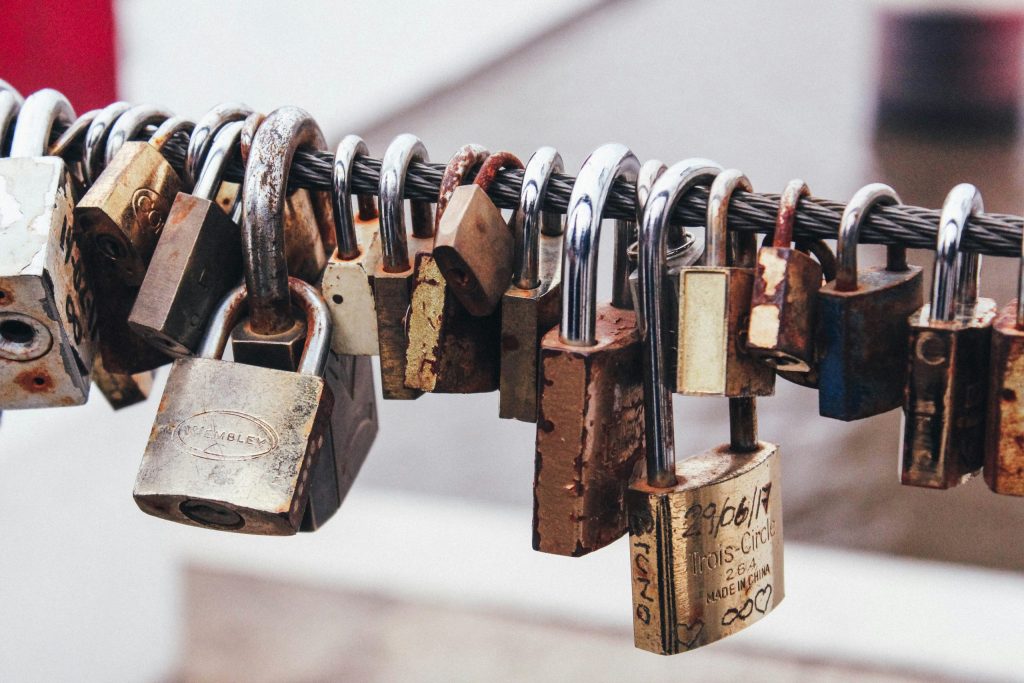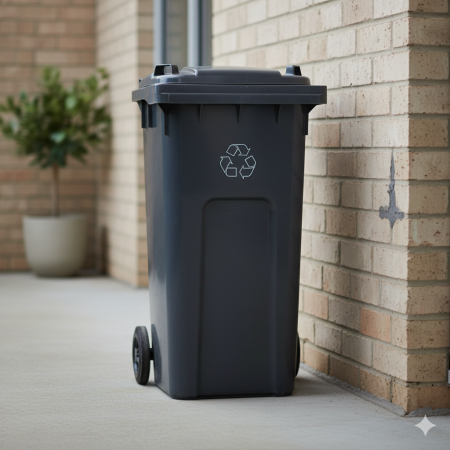Imagine the worst happens: a break-in at your home. You’ve got a good insurance policy, but when you file a claim, they ask a question you weren’t prepared for: “Are your locks insurance-approved?”
If your answer is wrong, or your locks don’t meet the requirements, your claim could be denied. It’s a stressful thought, but with a little knowledge, you can make sure your home security is up to standard and your insurance policy is valid.
Let’s take the guesswork out of your home’s security.
What does “insurance-approved” actually mean?
The term “insurance-approved” is a bit of a shortcut. In reality, insurance companies don’t approve locks themselves. Instead, they require the locks on your home to meet specific standards set by the British Standards Institute (BSI), a trusted national body that sets standards for product safety and quality.
The gold standard: Understanding BS3621 locks
BS3621 locks are tested to be resistant to common burglary techniques, including picking, drilling, and force. Having a British Standard lock is a clear sign to insurers that you’ve taken reasonable measures to secure your home.
So, how do you know if you have a BS3621 lock?
- Look for the Kitemark: The easiest way to tell is by checking the lock’s faceplate (the metal strip on the edge of the door that you can see when the door is open). It should have a distinctive British Standard Kitemark, which looks like a heart with a key-like symbol inside.
- Check for the numbers: Right next to the Kitemark, you should see “BS3621” engraved into the metal. This confirms the lock meets the standard.
For doors with a multi-point locking system (common on uPVC and composite doors), insurers often require a high-security cylinder that meets other standards like TS007 and has a 3-star rating.
Your home security checklist
Now that you know what to look for, here is a quick checklist to assess your home’s security.
External Doors
- Wooden Doors: Do you have at least a 5-lever mortice lock with the BS3621 Kitemark? Is a secondary night latch fitted as extra security?
- uPVC & Composite Doors: Does your multi-point locking system have a high-security cylinder with a 3-star rating or a BS Kitemark?
- Patio & Sliding Doors: Do these doors have a key-operated lock and an anti-lift mechanism to stop them from being forced off their runners?
Windows
- Are all downstairs windows and other easily accessible windows fitted with key-operated locks?
Other Security
- Are sheds, garages, and gates secured with a robust padlock, preferably one that has a Sold Secure or British Standard rating?
What If my locks aren’t up to scratch?
Don’t worry if your locks don’t meet the standards. Many homes in the UK still have outdated or non-compliant locks. The important thing is to take action.
You should call a professional locksmith to upgrade your locks if:
- You’ve just moved into a new home and want to ensure no one else has a copy of your keys.
- Your external door locks don’t have the BS3621 Kitemark.
- Your windows don’t have key-operated locks.
- You’re simply not sure about your current security and want expert advice.
A qualified locksmith can assess your home’s security and fit new, insurance approved locks that will give you complete peace of mind.
With Rated People, you have the power to get it done. Find a trusted, local tradesperson today.
Read the full article here


